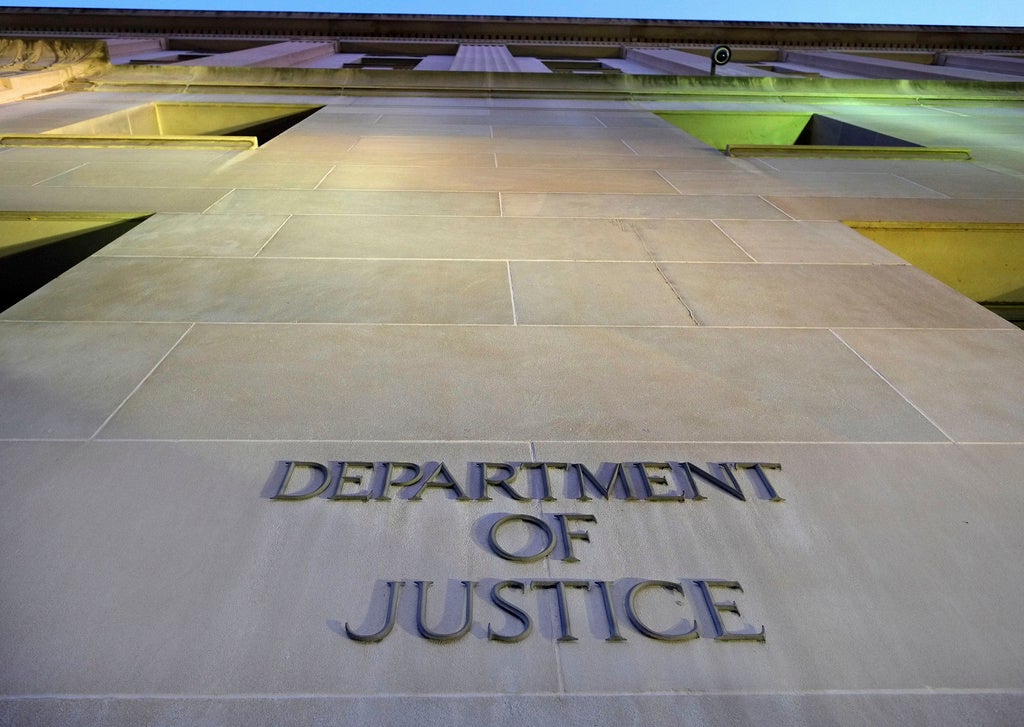For how long should someone’s eviction history be available to the public?
The Wisconsin Supreme Court is considering that question as it weighs a proposed change to record-keeping rules.
Per current statewide court policy, records from most eviction cases have to be retained for 20 years after a case was closed. But tenant advocates said that policy is trapping low-income Wisconsinites in poverty, by making it difficult for them to be approved for new housing.
News with a little more humanity
WPR’s “Wisconsin Today” newsletter keeps you connected to the state you love without feeling overwhelmed. No paywall. No agenda. No corporate filter.
A petition from Legal Action of Wisconsin would change the rules, so that eviction records would need to be kept for only one year in cases where there was no monetary judgment against a tenant.
After that time period, such records would be scrubbed from the Wisconsin-wide circuit court website.
It might still be possible for the records to be accessed in-person at a courthouse, however, after that year elapses. Wisconsin’s record retention policy outlines minimum timeframes for keeping documents, but doesn’t mandate that the records be destroyed once that period ends. As Milwaukee Circuit Court Judge Kevin Martens noted in a letter to the Supreme Court clerk, “Many counties do not purge on a regular basis and do so only when staff is available.”
Still, several tenant advocates told justices the policy would help Wisconsinites with eviction histories, since many landlords rely solely on the statewide court website.
And Brian Michael, an attorney who formerly worked for the Legal Aid Society of Milwaukee, said those online eviction records often tell an incomplete story.
“Support for this position comes from those five years representing defendants in eviction actions and witnessing the relegation of these individuals to second-class housing that is oftentimes unsafe, unhealthy and unaffordable … based on a history which may have no relevancy to their ability to maintain and uphold this contract that they’re entering into with the new landlord,” Gross said.
Under the proposed changes, eviction records that did include a money judgment would still need to be kept for 20 years, which mirrors the current retention schedule for most records from other types of civil small claims cases.
During a hearing on the proposal last week, conservative-leaning swing Justice Brian Hagedorn questioned the logic behind the changes.
“If you were a landlord … and somebody who’s applying had made previous promises relatively recently to pay money to live in a place (and) didn’t do so and had to be evicted, that would be relevant information,” he said. “You’re making a policy argument to me that looks a lot like you’re preferring one side over the other, and that the remedy you’re proposing is secrecy, rather than information.”
Thursday’s hearing marked the first time justices took the bench since newly elected Justice Janet Protasiewicz took office, shifting the court’s balance narrowly in favor of liberals.
Multiple landlord groups, including the Wisconsin Realtors Association and the Wisconsin Apartment Association, spoke out against the proposal. But Legal Action attorney Korey Lundin argued landlords could still use other measures, like questionnaires and credit score checks, to screen tenants.
“What makes eviction records different from other court records, including criminal records, is that they impact a basic human need of having shelter, having a roof over your head for your family,” he said.
Gregory Jones, president of the Dane County branch of the NAACP told justices the effects of eviction filing records are particularly troubling, since studies show Black women and other women of color are disproportionately likely to face threats of eviction.
In 2020, Legal Action asked the state’s Supreme Court for a different set of changes to Wisconsin’s eviction record-keeping policies. But justices did not grant those requests amid concerns they would add an administrative burden for local courts.
Petitioners from Legal Action, however, said the latest proposal is more streamlined.
Currently, Wisconsinites can ask a Circuit Court judge to seal their eviction records, or to redact their names from the documents. But housing advocates said that option puts the burden on tenants and is used unevenly across the state.
In 2023, there were 25,819 filings for eviction across Wisconsin with 1,621 of those filings resulting in judgment of evictions being granted, according to Wisconsin’s Department of Administration.
Wisconsin Public Radio, © Copyright 2025, Board of Regents of the University of Wisconsin System and Wisconsin Educational Communications Board.






